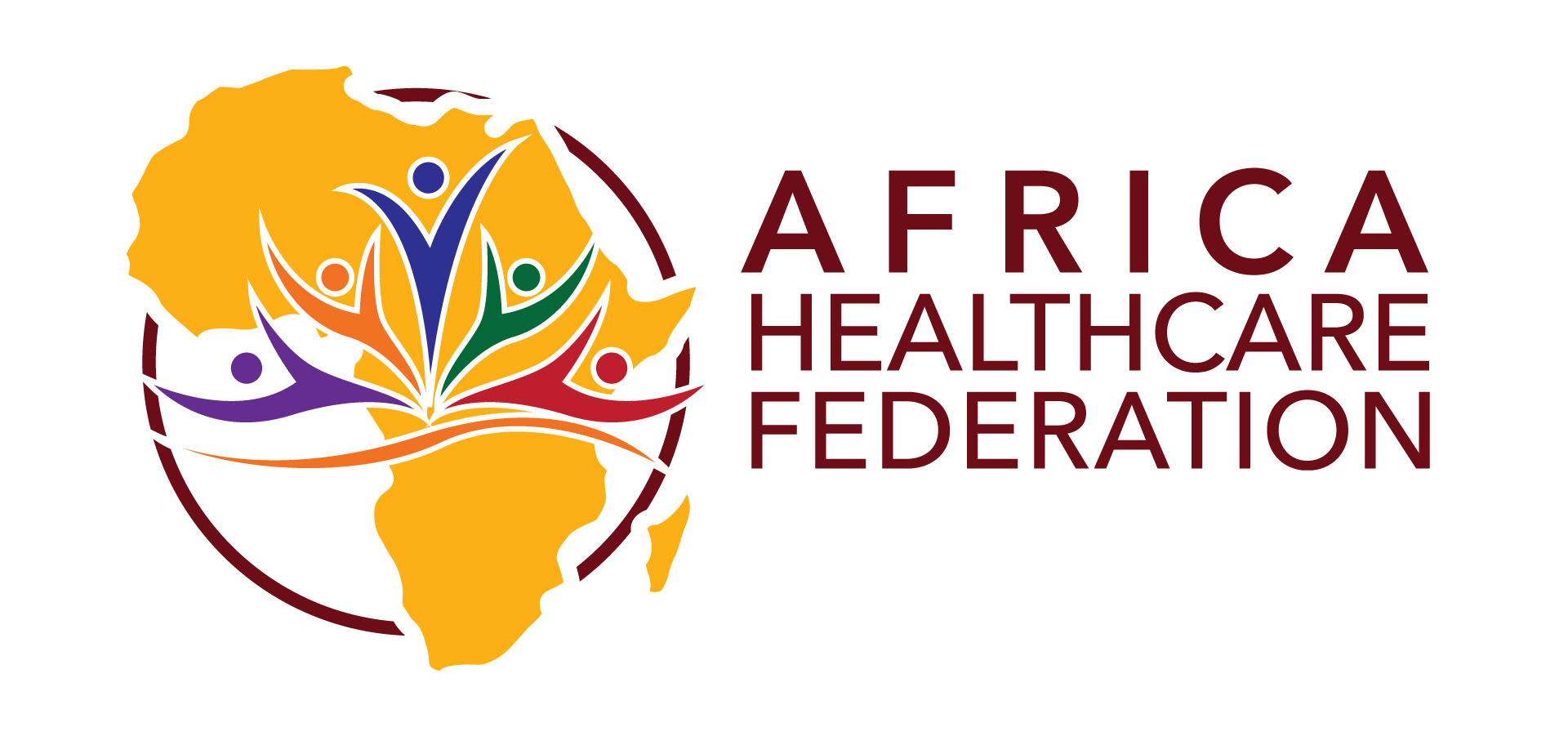Public-Private Partnerships (PPPs) have emerged over the last decade as one of the best ways to foster development, fueled by insufficient investment, growing pressures on government budgets and a general concern about service provision by state enterprises and agencies.
For more PPPs to emerge in Africa, countries need to improve the business environment. At present serious constraints exist in many countries. These constraints are: inadequate legal and regulatory framework for PPPs; lack of technical skills to manage PPP programs and projects; unfavorable investor perception of country risk, Africa’s limited role in global trade and investment, small market size, limited infrastructure and limited financial markets.
The benefits of PPPs are plentiful, especially when it comes to powering growth within sub-Saharan Africa. They spur investment in human development and help secure basic utility services. In the South African example, PPPs present opportunities for professional development of project staff, encouraging knowledge and skills enhancement. Besides this vocational empowerment, PPPs serve the public’s interests by spurring capacity-building efforts and creating a sound environment for the vital build-up of strategic infrastructure. These benefits for a diverse group of stakeholders go hand-in-hand with the transfer of risk, both financial and operational.
Governments everywhere are grappling with rising healthcare costs and increased demand for healthcare services in the face of ongoing budget constraints. Healthcare providers must find innovative ways to generate revenue and these include PPP arrangements in Health. African governments struggle to stretch their healthcare funding and produce better results and are increasingly turning to PPPs with the private sector.
There are four key factors driving governments worldwide to use the PPP model for health sector improvements
- Desire to improve operation of public health services and facilities and to expand access to higher quality services
- Opportunity to leverage private investment for the bene t of public services
- Desire to formalize arrangements with non-profit partners who deliver an important share of public services
- More potential partners for governments as private healthcare sector matures
The potential benefits of public funding and private delivery of health facilities and services are well-known, but the path from publicly-run hospitals to publicly- funded and privately-provided hospital services is not so well- known and can be challenging. There are different PPP arrangements in health that can be implemented, including the construction of health facilities, outsourcing non-clinical services including catering and cleaning services, as well as arrangements with private laboratories for the provision of capital intensive equipment or the outsourcing of the day to day hospital management to the private sector, among others.
The larger regional African health institutions, such as the West African Health Organization (WAHO) acknowledge that PPPs must be mutually beneficial and that the private sector entities must also have their objectives of achieving the goals the organization has set for itself.
With this backdrop, the second edition of the Africa Health Business Symposium (AHBS)will be a key platform to discuss “Transforming PPPs for Health in Africa”.
Article by: Nishit Shar
Director & Cofounder Africa Health Business Ltd


Comments are closed